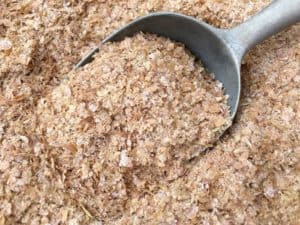
Risks Associated With Feeding Horses Traditional Bran Mashes
While steeped in tradition, feeding bran mashes can cause GI distress in horses. Learn why, and discover alternatives.

While steeped in tradition, feeding bran mashes can cause GI distress in horses. Learn why, and discover alternatives.
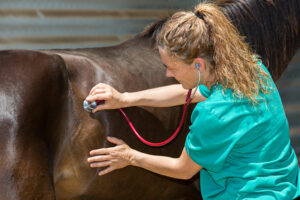
Research shows slight shifts in the horse’s intestinal microbiome can have far-reaching effects. Learn more in The Horse‘s 2023 Research Roundup issue.

A nutrition expert offers advice on preventing weight gain and boredom while a hefty horse is on stall rest.
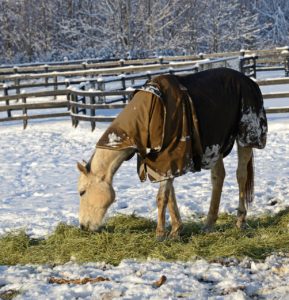
Ditch traditional bran mashes (and the issues they can cause) for forage feeding to keep horses warm.

Probiotics might help reestablish healthy balances in the horse’s gut microbiome without causing harm.
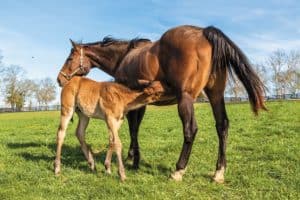
Understanding how your growing foal’s digestive system works can help you recognize and avoid potential problems.
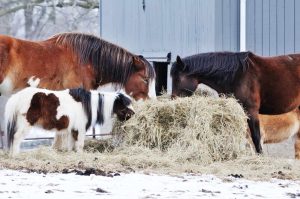
Madeline Boast explains why you might need to provide supplements for horses on a forage-only diet to maintain a healthy equine gut microbiome.
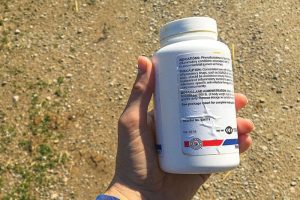
Dr. Robert Jacobs describes the potential effects of long-term NSAID use on the horse’s gut microbiome.

Dr. Robert Jacobs explains how variations in the equine gut microbiome might affect horse behavior.
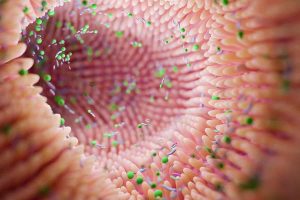
Equine nutritionist Madeline Boast describes what the horse’s gut microbiome is and how owners can assess its state.

Discover what researchers are learning about the microbiota’s role in the horse’s digestive system, respiratory tract, skin, and more.
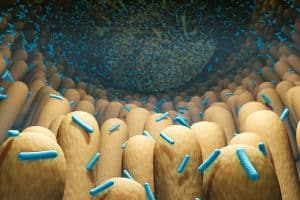
Learn how to support your horse’s gut microbiome in this episode of Ask TheHorse Live. Sponsored by Purina.

Understanding the differences between these groups’ microbiomes and adjusting dietary and management practices accordingly could help improve domestic horse welfare.
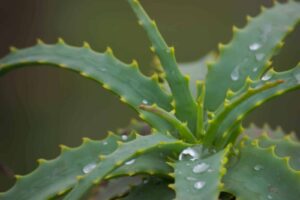
A veterinarian addresses whether oral aloe vera could help horses with gastric ulcers and offers evidence-based alternatives.
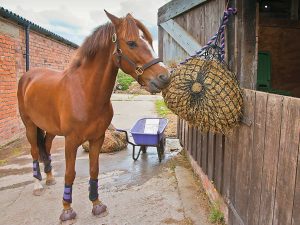
What can you do to protect your horse’s sensitive stomach against gastric disease?

Researchers found that feeding a certain prebiotic product prior to transport and exercise reduced dysbiosis and leaky gut syndrome.
Stay on top of the most recent Horse Health news with
© 2022 Copyright Statement dolor sit amet, consetetur sadipscing User Terms, sed diam nonumy eirmod tempor invidunt ut labore et dolore magna aliquyam erat, sed diam voluptua. At vero eos et accusam et justo duo dolores et ea rebum. Stet clita kasd gubergren, no sea takimata sanctus est Lorem ipsum dolor sit amet.
"*" indicates required fields